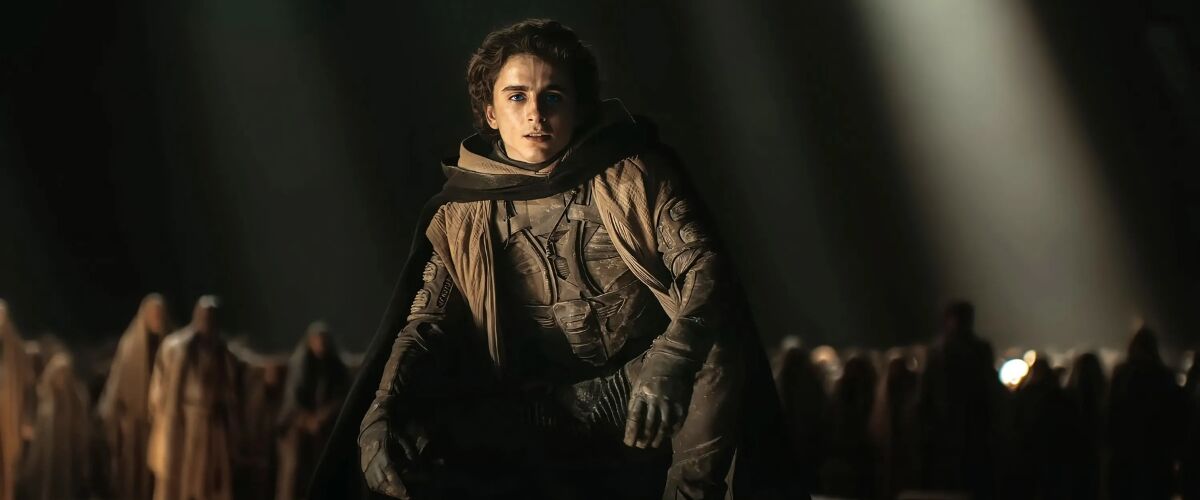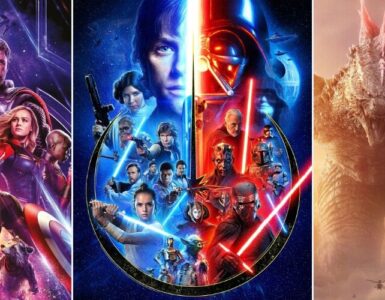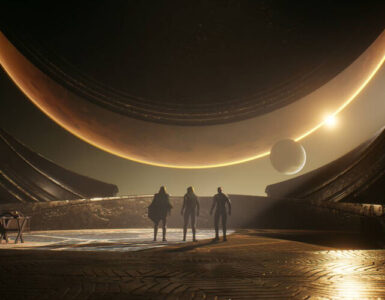Denis Villeneuve’s Dune: Part Two has earned high praise from fellow filmmaker Christopher Nolan, who recently lauded the sequel during a Directors Guild of America panel, as reported by Variety.
The Oscar-winning director of Oppenheimer described Villeneuve’s continuation of Frank Herbert’s 1965 sci-fi masterpiece as “a miraculous job of adaptation” and likened its impact to Star Wars: The Empire Strikes Back. His full remark is as follows, “I watched the second half and I think it’s a miraculous job of adaptation, of taking that second half and making an incredible conclusion of the story.”
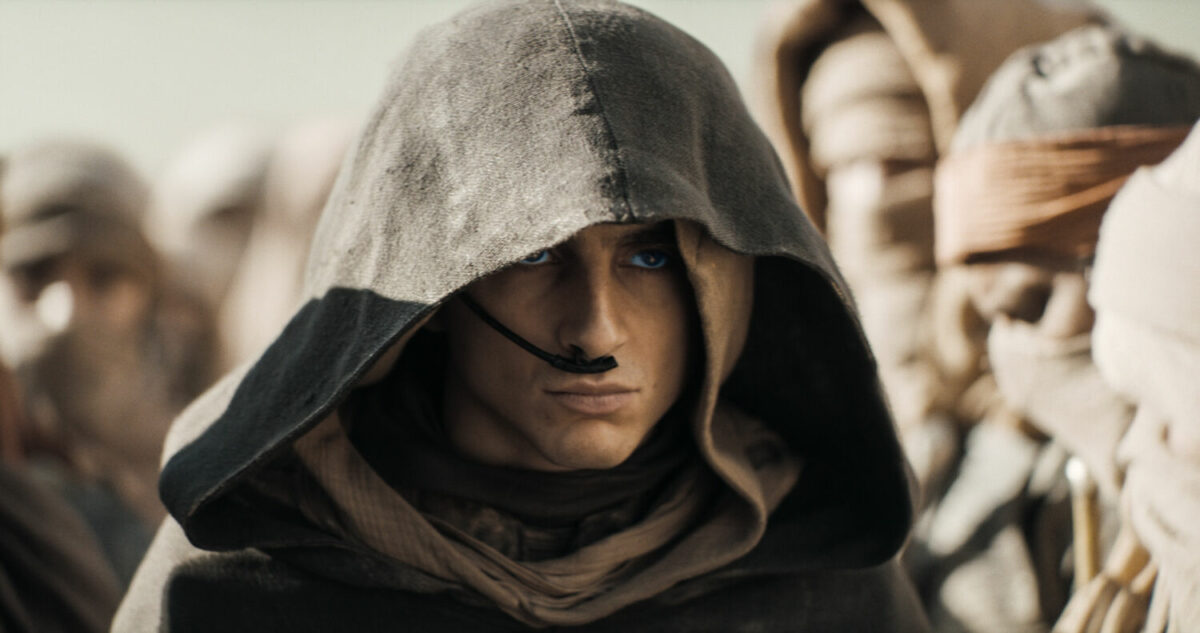
However, he humorously admitted struggling with the many names used for Timothée Chalamet’s character, Paul Atreides. “I have a lot of questions about how you did that, starting with: Usul, Muad’Dib, Paul, Lisan al Gaib. How many f*cking names can you give one character and expect us to keep up with it?”
While joking about the complexity, Nolan acknowledged the ambitious depth Villeneuve embraced, saying, “Most adaptations, it’s a process of condensing things and simplifying things. My feeling in watching both films, in particular the second film, is that this was an act of exploring a little further and burrowing into the complications and embracing those and the world building beyond even what’s in the book.”
Villeneuve’s Dune saga has become a landmark in contemporary cinema. The first film, released in 2021, won six Academy Awards and set the stage for its sequel, which has already emerged as an Oscar frontrunner. Both films have collectively grossed US$1.12 billion globally, solidifying Villeneuve’s reputation as a master of adaptation and visual storytelling.
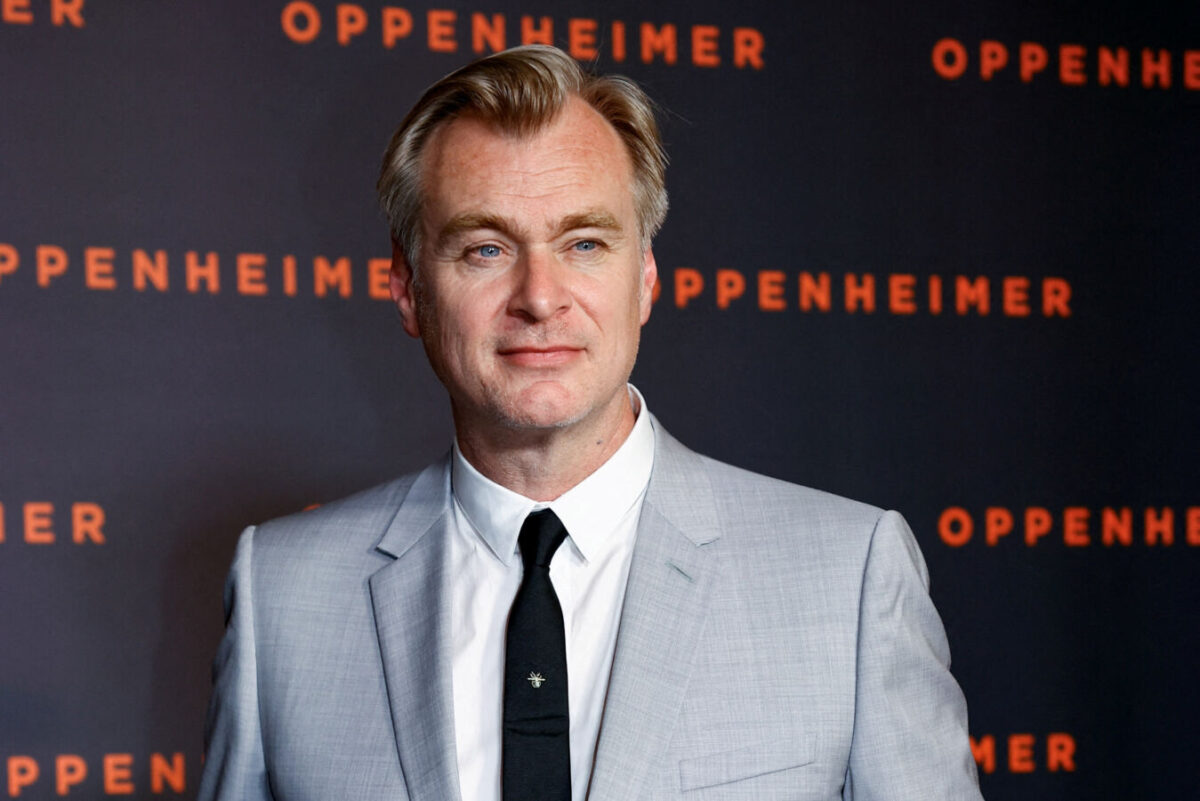
Steven Spielberg, another legendary filmmaker, also praised Dune: Part Two, calling it “one of the most brilliant science-fiction films I’ve ever seen.” He described Villeneuve as one of the great “builders of worlds,” placing him among luminaries like Stanley Kubrick, George Lucas, and Ridley Scott.
While critical acclaim for Villeneuve’s Dune films has been widespread, not everyone shares the enthusiasm. Quentin Tarantino, known for his distinct cinematic taste, dismissed the new adaptation, stating he has no interest in remakes, including Dune. Referring to David Lynch’s 1984 version, Tarantino remarked, “I saw [David Lynch’s] Dune a couple of times. I don’t need to see that story again. I don’t need to see spice worms. I don’t need to see a movie that says the word ‘spice’ so dramatically.” He criticised the trend of retelling the same stories, expressing a desire for filmmakers to explore fresh narratives rather than revisiting well-trodden ground.
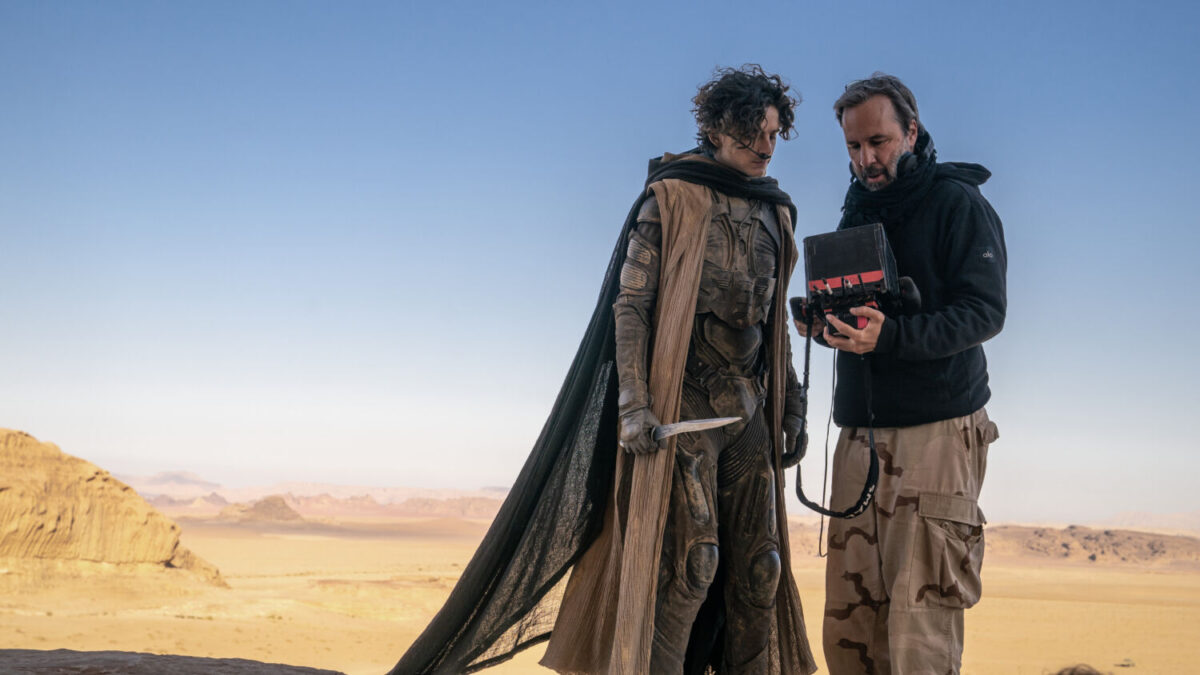
Villeneuve, thankfully, does not seem fazed by Tarantino’s comments. “I don’t care,” Villeneuve responded. “It’s true. I agree with him that I don’t like this idea of recycling and bringing back old ideas. But where I disagree is that what I did was not a remake. It’s an adaptation of the book. I see this as an original.”
Despite differing opinions, Dune: Part Two continues to dominate discussions about the future of science fiction cinema. Villeneuve’s ability to capture the intricate dynamics of Herbert’s universe while delivering a visually stunning experience has cemented his place among the industry’s most revered directors. As audiences and critics eagerly await the awards season, the film’s legacy is already taking root as a defining moment for modern sci-fi epics.

